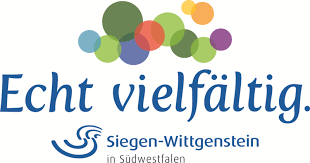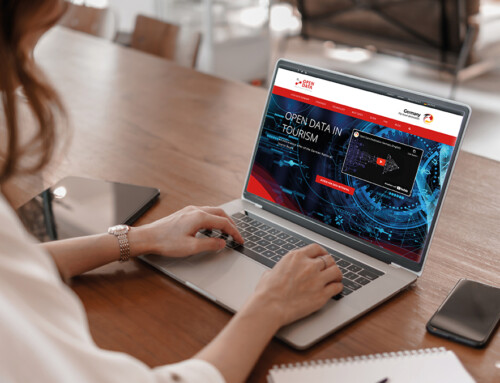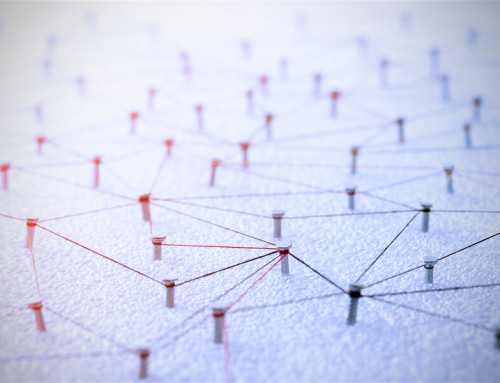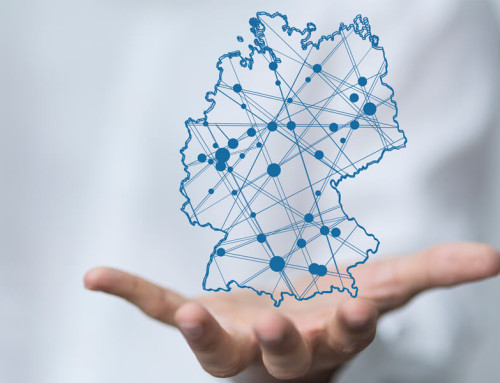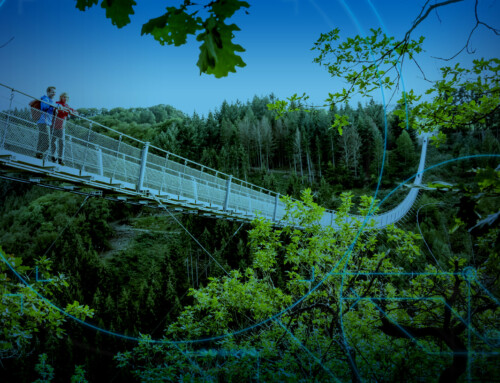Siegen-Wittgenstein is a region that has been dealing with Open Data for a long time. What’s beginning to show, time and again: It’s not just about technology, it’s very much about people.
Openness, Trust and Courage
Julia Hilpisch, responsible for content management and digital strategy at the Siegerland-Wittgenstein e.V. tourism association, is certain: “Seldomly, technology and money are the problem with Open Data.” It is more about people, communication and emotions, because Open Data is currently strongly associated with fear. Fear of losing one’s own data sovereignty or one’s own areas of responsibility and position. What is overlooked in the process: Open Data creates new opportunities. This need to be highlighted.
“Reality has been changing for a long time. The structures are just starting to adpt very slowly,” says Julia Hilpisch. The required processes are still new and must first become routine. This involves interfaces at technical level as well as between individuals and organisations. The agility that is often mentioned in connection with Open Data is necessary at the state, regional and local levels: New forms of cooperation in different constellations across the different levels as well as across existing administrative boundaries. It is important that the respective tasks are clearly distributed and defined and that everyone actually fulfils their role. However, it is also important to take into account and make use of the fact that some regions are already further advanced in the field of Open Data than some federal states. Open Data therefore requires openness not only in terms of data.
Julia Hilpisch is certain in this context: “Nothing works by decree from above. It’s a matter of trust. That needs honesty. It is not yet possible to say where some developments will lead. It is therefore important to be able to say, “I don’t know that either, yet.” This requires a certain amount of courage, as it means a complete rethinking of what has been done before. In the Siegen-Wittgenstein region, this approach is working: the localities are joining in on joint activities bit by bit.
Quality and Licenses
When it comes to Open Data in destinations, the own image pool is of particular importance. Which photos are licensed to be used as Open Data at all? Within the scope of a data inventory, all photos of Siegen-Wittgenstein were scrutinized:
After the data inventory, just 2,500 of the original 15,000 photos remained. Photo shoots are commissioned for missing material. The experience in Siegen-Wittgenstein shows: Photos with an open license are partly more expensive than those without, but not so much more as originally anticipated. Helpful in the discussions with the photographers: Sauerland, which is next door, works with the same contracts as Siegen-Wittgenstein. Cooperation and coordination are also extremely effective here.
The legal side with the content producers has been clarified. The task now is to draw up contracts between the localities and the region which include a clear commitment to exchange data with each other.
Common Ground and Clarity
For all data, whether photos or POI and route data, it is clear for Siegen-Wittgenstein: Whoever does not deliver the necessary quality will no longer be put out on the regional level. Reproducibality helps tourism stakeholders understand this. Quality rankings and public coverage in the database used by Outdooractive create a certain pressure to perform, but are not perceived as negative. Instead, this information helps you optimize your own content. Challenge at the technical level: localities or sub-regions that cross different administrative borders or even federal states. The various systems and providers are not yet really positioned for this, so that data exchange does not yet function properly.
In general, Siegen-Wittgenstein emphasizes great importance to the exchange with each other. “We talk to places and we listen to them. Sometimes we have an idea, too, and then we have to adjust it if necessary.” One of the things that became clear during the exchange was that the localities want to regain their sovereignty over the local service providers. In future, the local level will act as the direct point of contact. Siegen-Wittgenstein no longer undertakes any canvassing in the direction of the hosts, but supports the locations, for example by preparing legal framework conditions. Places can take advantage of this, but they don’t have to.
In order to generate understanding and trust, clear communication is necessary in all processes, which is tailored to the relevant target group (location, host). “If you can’t get the most important stuff summarized on an A4 sheet of paper, you have to question it.” The human factor is key – again and again.
Contact Touristikverband Siegerland-Wittgenstein e.V.
